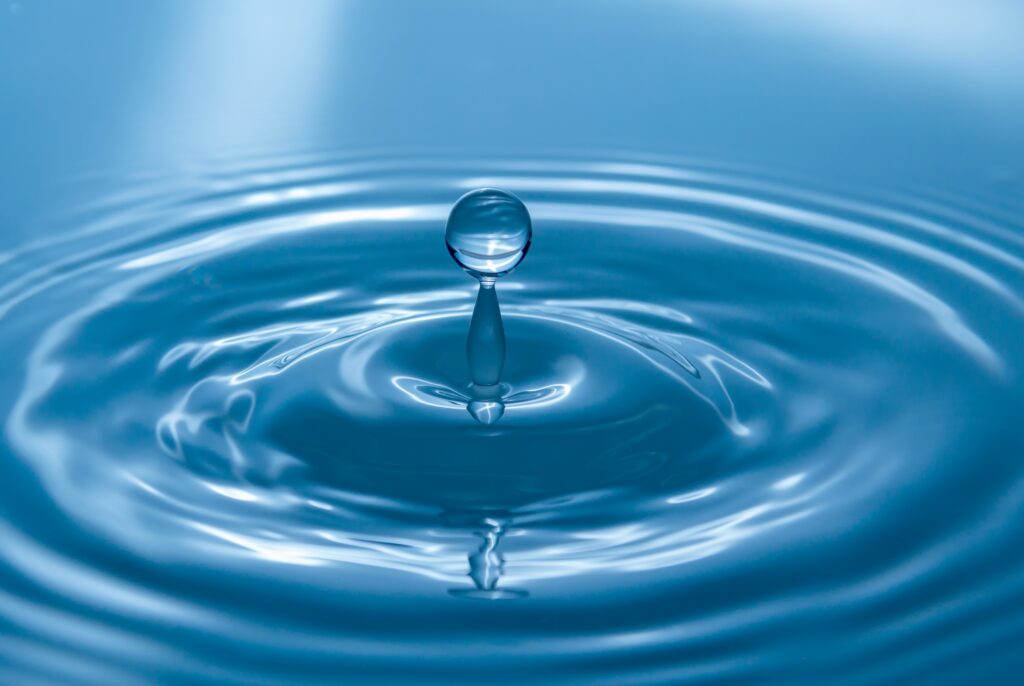How Saving Water at Home Transforms the Planet
In a world where the challenges of climate change and resource depletion loom large, every drop of water saved counts. While it might seem like a small endeavor, conserving water in our households can set off a chain reaction with far-reaching impacts on our planet. From local communities to global ecosystems, here’s why your efforts to save water matter more than you may realize.
1. A Global Scarcity Puzzle: Water scarcity is a growing concern worldwide. According to the United Nations, over 2 billion people are living in countries experiencing high water stress. By using water efficiently at home, you contribute to reducing overall demand, leaving more water available for essential needs like agriculture, sanitation, and ecosystems.
2. Energy Savings and Carbon Footprint: The energy required to treat, transport, and heat water is significant. By using less water, you indirectly reduce energy consumption and greenhouse gas emissions. Each drop of water conserved lessens the environmental impact associated with water infrastructure and energy production.
When water is used excessively, it can lead to runoff that carries pollutants into our water bodies.
3. Ecosystem Resilience: Rivers, lakes, and wetlands are essential habitats for countless species. When we overdraw water resources, we disrupt ecosystems, affecting not only aquatic life but also the flora and fauna that depend on these environments. Saving water helps maintain the delicate balance of these ecosystems.
4. Protecting Water Quality: When water is used excessively, it can lead to runoff that carries pollutants into our water bodies. By using less water, you minimize the pollutants that enter the water cycle, helping to maintain clean and safe water sources for both humans and wildlife.
5. Preserving Aquifers: Groundwater, stored in underground aquifers, is a vital source of freshwater. Over-pumping can lead to subsidence, saltwater intrusion, and depletion. Responsible water use at home lessens the strain on these resources, preserving them for future generations.
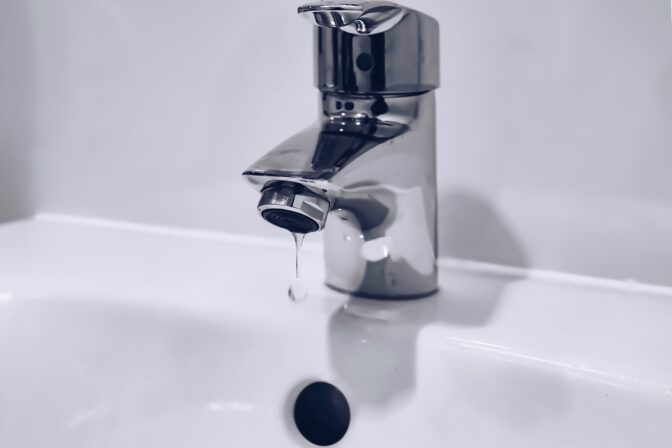

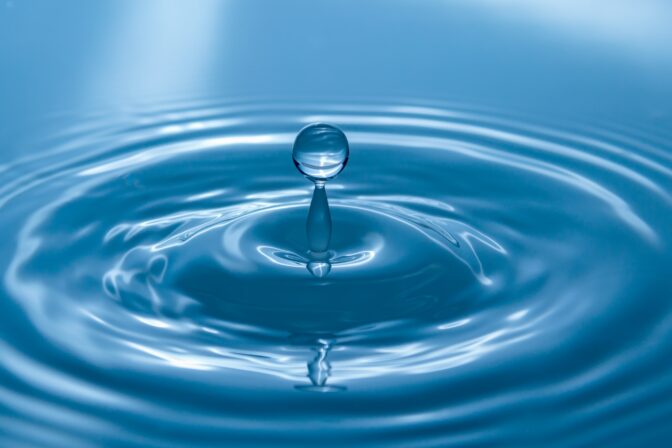
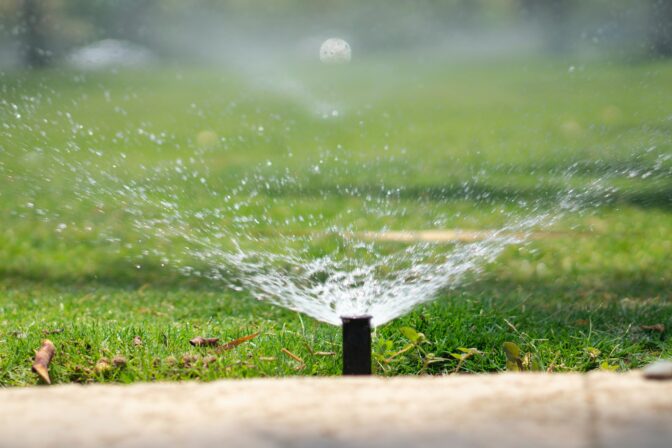
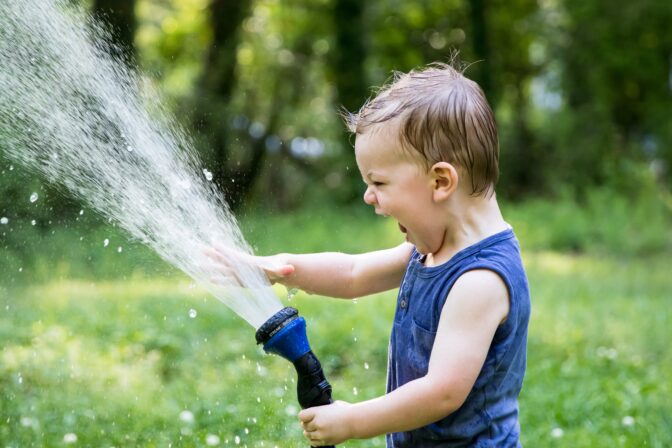
6. Land Conservation: The energy required to transport water long distances can contribute to deforestation and habitat destruction. Saving water reduces the need for such intensive water transfers, indirectly protecting natural landscapes and biodiversity.
7. Climate Change Adaptation: As climate change intensifies, many regions face increased drought and water scarcity. Developing water-saving habits now helps communities adapt to changing conditions and build resilience against the impacts of a changing climate.
8. Educational Impact: Your water-saving actions at home set an example for your family, friends, and neighbors. When others witness the positive changes you make, it can inspire a ripple effect, promoting sustainable behaviors across your community.
9. Future Generations: Conserving water is an investment in the future. By fostering a culture of responsibility, we ensure that generations to come inherit a world where access to clean, freshwater resources is not compromised.
10. Mindset Shift: Lastly, by valuing water and understanding its significance, you cultivate a mindset of mindful consumption. This mindset can extend beyond water to other resources, encouraging a more holistic approach to sustainability.
Every little bit matters
Remember, the collective impact of countless individuals making small changes can lead to transformative outcomes. So, turn off the tap when brushing your teeth, fix that leaky faucet, and adopt water-saving practices that not only benefit your household but also contribute to a healthier, more vibrant planet for everyone.


